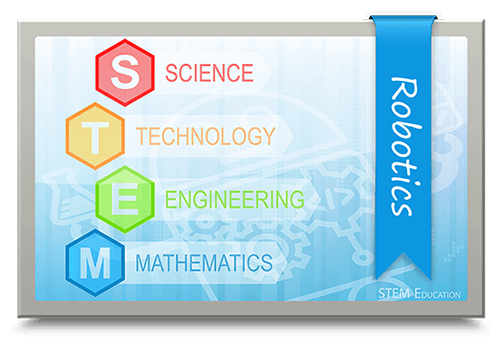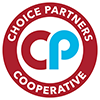STEM Robotics UAV Drones Curriculum (45 Hour)
This student LAB was developed to supplement the MINDS-I UAV Drones Curriculum as an introduction to the world of UAV Drones and Robotics. It is designed as an interactive approach to applied science, technology, engineering, and math. In this course, students will become familiar with the basics of UAV Drone robotics and programming through teamwork.










